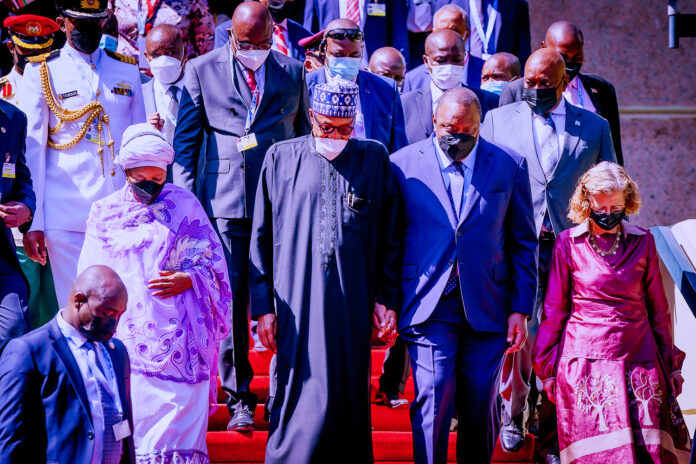The United Nations has set aside today, January 4, to mark World Braille Day to generate awareness of the importance of braille as a means of communication in the full realisation of human rights for blind and partially impaired persons. Many individuals benefit from braille and the access it provides. This includes those with visual impairments, severe disabilities, and dual sensory loss.
World Braille Day is observed every year on January 4 because it is Louis Braille’s birthday. He is the inventor of braille. Louis was born in 1809 in France and became blind after a childhood accident. But he quickly mastered his new way of living. When he was only 15 years old, he created a reading and writing system based on Charles Barbier’s night writing technique. We know Louis’ system today as braille. Adjusted over time, braille is now easier to read and used all over the world.
There is no gainsaying that people who are blind are excellently endowed, and their potentials need to be channelled towards societal and economic growth. According to the UN, braille is a tactile representation of alphabetic and numerical symbols using six dots to represent each letter and number, and even musical, mathematical, and scientific symbols.
The equipment enables blind and partially sighted people to read the same books and documents as those printed in the visual font. While reading is difficult for some full-sighted individuals, we can only imagine the extra effort required of a visually-impaired person towards comprehending the content of any written document.
World Braille Day is a reminder of the importance of accessibility and independence for blind people. Today’s reality is that many establishments such as restaurants, banks, and hospitals do not offer braille versions of their print materials like menus, statements, and bills. Because of this, people with blindness often do not have the freedom to choose a meal on their own or keep their finances private.
Through World Braille Day, people campaign for braille to be made available globally so that everyone can benefit from this simple but powerful literacy tool. They want governments worldwide to recognise the device as a fundamental human right that allows the blind to make their mark on society just like everyone else.
In a statement to mark the first-ever official World Braille Day, aimed to underscore the primacy of written language for human rights, the UN has estimated that about 39 million people are blind globally, while another 1.3 billion people live with some form of near vision impairment. For them, according to the global body, braille provides a tactical representation of alphabetic and numerical symbols.
As Nigeria joins the rest of the world to commemorate the day, there is a necessity for public and private educational institutions to make braille devices available to blind students. Non-Governmental Organisations, and faith-based groups, among others, should lead a coalition to ensure that blind people have the required braille tools.
Nigerian governments at all levels should ensure that qualified individuals with visual impairment are consulted to formulate and implement policies that would help to improve lives. This effort should be made with the Nigeria Association for the Blind. Steps should be taken to help blind people to adjust to life, training them to be independent through ICT, transcription braille and typewriting lessons.
In the light of this year’s forthcoming general elections and population census, we call for pragmatic and inclusive initiatives and policies that factor in the ability of blind persons across Nigeria to participate fully in the processes. We urge the government at all tiers to do everything humanly possible to ensure that the blind are given equal opportunities as their counterparts with clear visions.
We challenge all in authority to make adequate provisions, including budgetary allocations, to address the concerns of the blind in our midst. Going forward from 2023, we expect a standard and sustained policy of inclusion that accommodates all Nigerians, irrespective of religion or political leanings. This is one of the ways to make the world a better place for all and thereby leave no one behind in all facets of human endeavours.
The post-COVID-19 realities have made things more difficult for all, but the hardship is even more pronounced among persons with visual impairment. Employers of labour, organisations and entities have to create equal, safe and inclusive job opportunities for the visually-impaired and equally render support by training and rehabilitating the blind so that they can also emerge and be productive in life.
Again, the relevant authorities should provide free education for them from primary to university level and also the Persons With Disability Bill should be passed so that it can become a law that will protect their interest and welfare. Furthermore, a National Disabilities Commission should be created to take care of their needs. An environment that can aid them live life with minimal assistance should be created.
Access to information and education is a right and not a privilege. Therefore, the needs of the blind must be considered when producing public documents and educational materials, including programmes of events during public gatherings. Braille production centres should be established in the country to produce materials for such people.
Supporting The blind people


